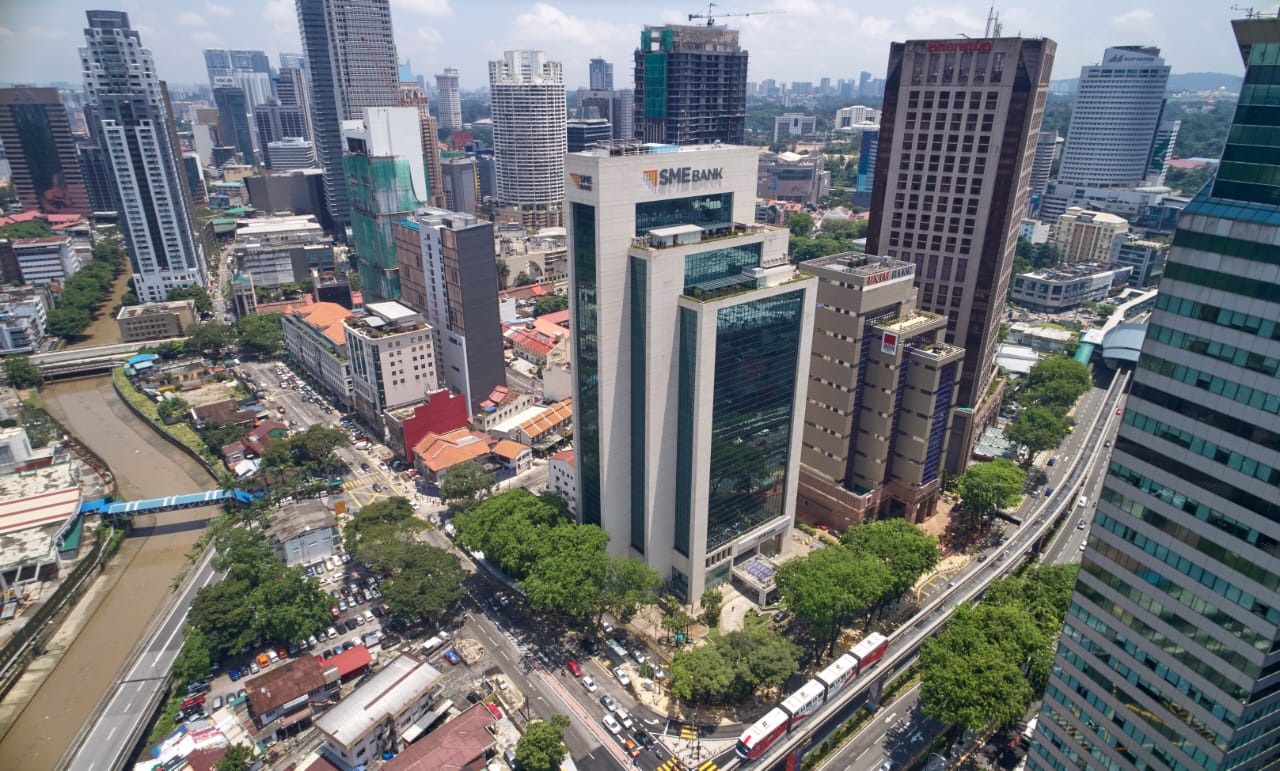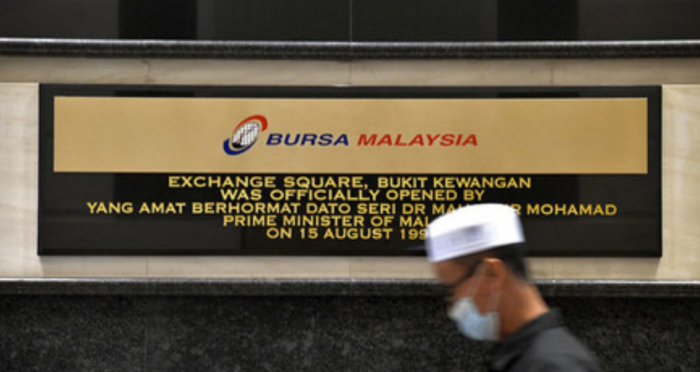DESPITE the perception that Malaysia’s small and medium enterprises (SMEs) are operating in an environment of uncertainty and unprecedented challenges, the SME Bank’s inaugural SME Sentiment Index has shown a positive reading of 53.8.
A reading of above 50 points on the index that provides a glimpse into the business reality of SMEs on the ground is testament that SME entrepreneurs are optimistic, resilient and adaptive to future prospects.
As pointed out by the bank’s group president/CEO Datuk Aria Putera Ismail, 57.3% of the respondents expect the business environment in Malaysia to improve over the next six to 12 months.
“In line with the optimism, more than 70% of SMEs have indicated the importance of strengthening customer relationship and operational efficiencies,” he further revealed findings from the SME Bank survey.

“Nearly half of the respondents also view expansion plans as one of their most important focus areas this year.”
Elsewhere, the SME Sentiment Index also showed that 73.2% of SMEs are anticipating an increase in their gross revenue leading to improvement in profitability over time.
Specifically, 82.3% of the respondents from the accommodation and F&B (food & beverage) sub-sectors are confident of an increase in their revenue in line with the re-opening of international borders on expected higher foreign travelers.
As revenue improves coupled with sustained demand, appetite to expand business may also increase which could lead to higher hiring, according to SME Bank’s chief economist Lynette Lee.
“While 42.2% of SMEs are willing to hire, they may not be able to recruit sufficient manpower amid the current tight labour market conditions, straining their operating capacity,” she nevertheless opined.
“This labour shortage issue is more pressing for those labour-intensive industries which in turn could limit their revenue projections.”
Lee further observed that during the current economic recovery phase, SMEs have been steadily picking themselves up with the feel good factor having gained traction.
However, they now struggle with the rising operating costs due in part to supply chain disruptions and higher raw material prices. Two third of the respondents listed the cost of doing business as the top factor that will affect their business performance.
“This is followed by the difficulty encountered in retaining customers owing to rising competition and lack of capital,” revealed Lee.
“Mindful of the negative impact to the customers, the SMEs are trying to switch to cheaper suppliers or find alternative raw materials before opting to pass the burden onto customers by raising prices of their products or services.”
Close to 80% of the respondents also indicated the need for cash assistance via financing, despite the rising interest rate environment. The SME Sentiment Index also showed that 45% of the respondents are currently looking for additional financing solely to manage their working capital requirements. – Aug 17, 2022










